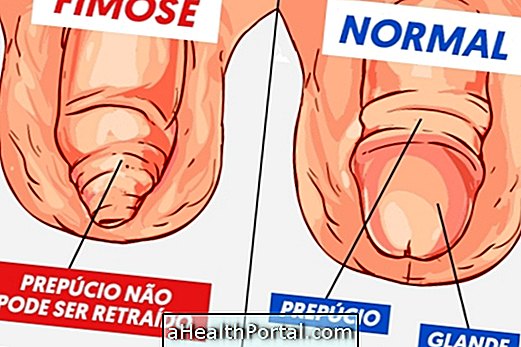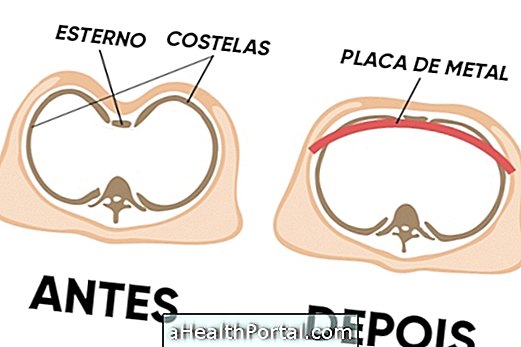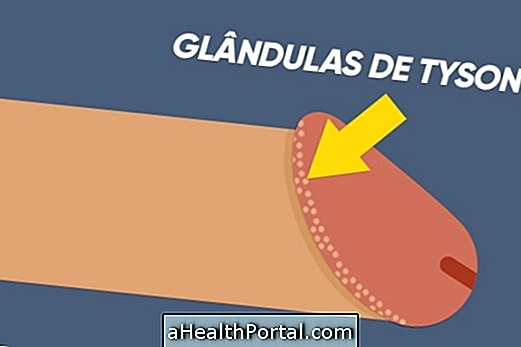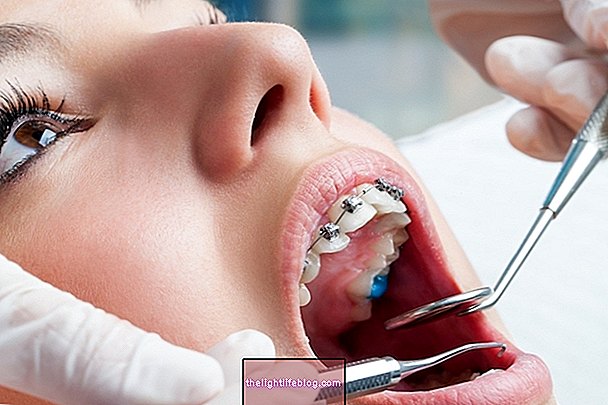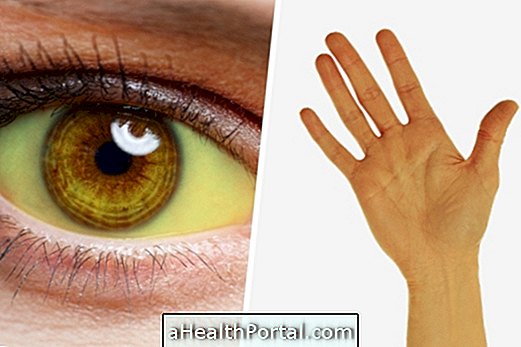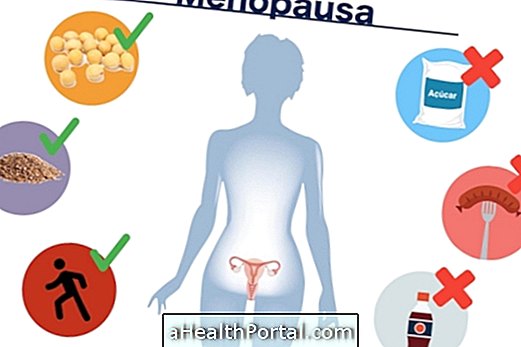Prostate cancer is a very common type of cancer in men, especially after 50 years of age. In general, this cancer grows very slowly and often does not produce symptoms in the initial phase, but may manifest itself through signs such as difficulty urinating or dark urine, for example, which is common to other problems such as benign hyperplasia prostate.
Usually, the treatment can be done with surgery, radiotherapy or chemotherapy depending on the staging of the disease, which when it is still discovered in the initial phase, has a greater chance of cure.
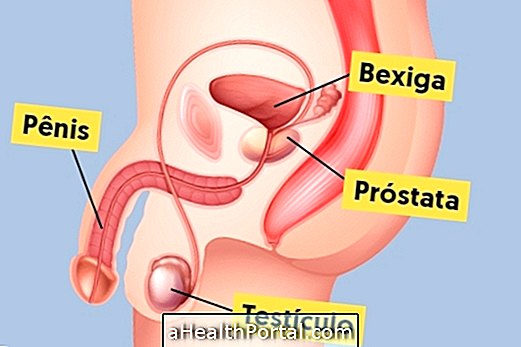
Main symptoms
In many cases prostate cancer does not manifest symptoms in the initial phase, but in a later stage the disease can manifest itself with:
- Difficulty in urinating, often with a weak jet or in drops;
- Pain or burning when you urinate;
- Frequent urge to urinate, waking at night to urinate;
- Feeling that the bladder is still full, even after urinating;
- Dark urine due to the presence of blood;
- Pain when ejaculating and darkened semen.
When the cancer is already at a very advanced stage infections and pain in the bones may appear and in some cases these symptoms are common to the benign infection of the prostate, which can make difficult the diagnosis of the disease.
How to confirm the diagnosis
Since this cancer does not cause symptoms early in its course, it is advised that men over the age of 50 years have regular exams to assess prostate changes, such as rectal examination or PSA examination.
If during prostate touch the doctor palpates a lump, the prostate should be further investigated by ultrasonography, ultrasound guided biopsy, and urinalysis. Here's how you prepare for each prostate exam.
Major stages of prostate cancer
Once confirmed the existence of prostate cancer is essential to identify the staging of cancer to guide the treatment, being that:
- Stage A - Tumor that is not visible or palpable to the touch;
- Stage B - Tumor inside the prostate that is palpable to the touch and visible in imaging tests
- Stage C - Tumor that reached the seminal vesicles, which are close to the prostate;
- Stage D - Tumor that has already reached other organs and metastases already exist, and can affect the urethra, rectum, bladder, for example.

The degree of cancer allows to define the best treatment and to see if there is cure for the disease.
How To Achieve Cancer Cure
Prostate cancer, in most cases, is curable and can be achieved through treatments that include surgery, chemotherapy, or radiation, and treatment can be done free of charge at hospitals such as INCA.
In most cases, there is a greater chance of cure when the disease is diagnosed early on and usually treatment may include:
- Surgery: the removal of the prostate is done and in some cases of the groin;
- Radiation therapy: It is usually used when the tumor has not yet reached other organs or has reached only the nearest organs;
- Chemotherapy: Treatment is done with the remedies in the vein or through tablets.
In many cases, these treatments can cause side effects such as urinary incontinence, impotence and the impossibility of having children, but if not treated the disease can spread throughout the body, being potentially fatal.
In some cases, prostate cancer is only diagnosed when it spreads to other regions of the body, which decreases the possibility of curing the disease.
What Causes Prostate Cancer
There is no specific cause for the development of prostate cancer, but some factors that may increase the risk of the disease are the high-fat diet, hormonal dysfunction and the polluted environment and use of fertilizers are under suspicion.
How To Prevent Prostate Cancer
To avoid prostate cancer it is necessary to avoid exposure to factors such as pollution, fertilizers and chemicals.
In addition, in order to detect the disease early, it is recommended that all men over 50 years of age have a rectal examination and a PSA blood test at least once a year, as soon as prostate cancer is diagnosed, the greater their chances of cure, especially when they have a family member with prostate cancer are more likely to suffer from this disease.
Check out these and other tips in the following video:


